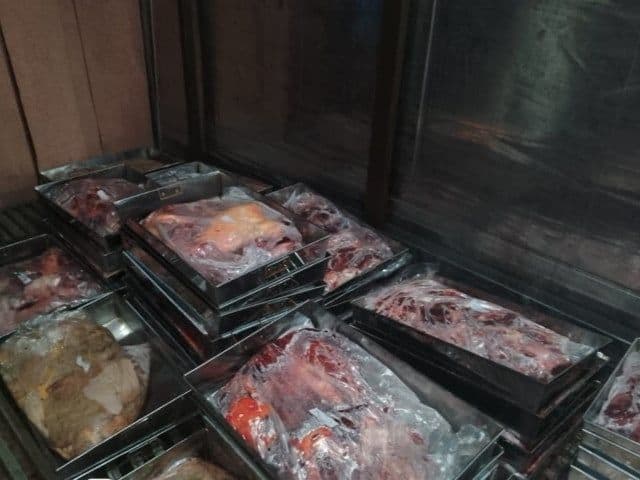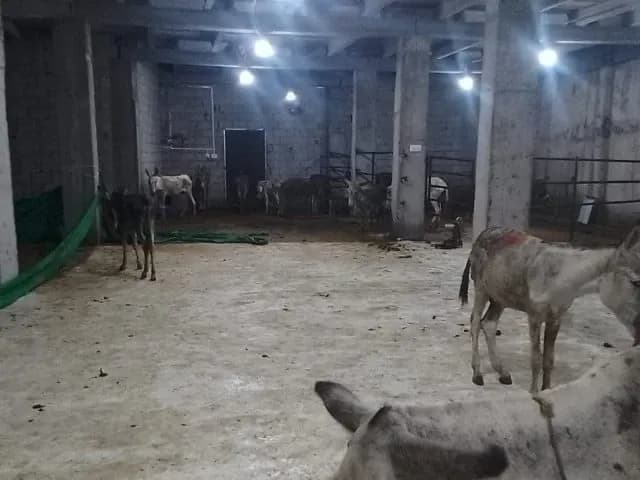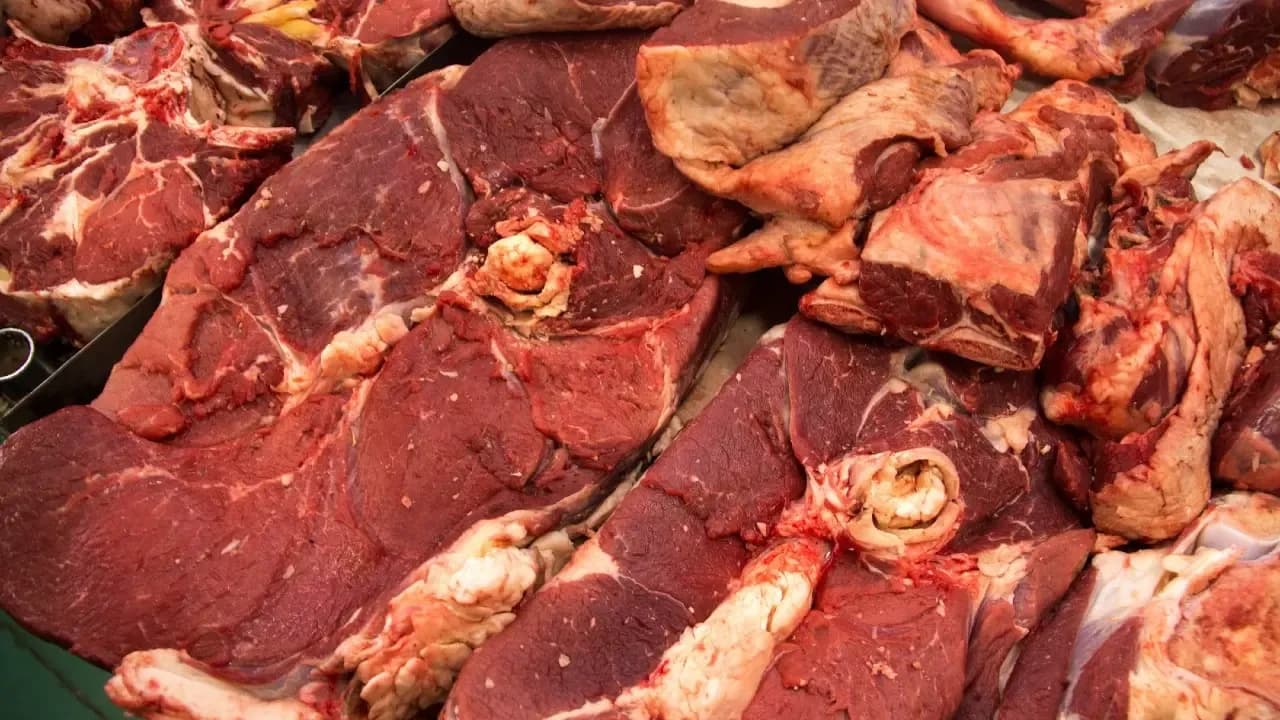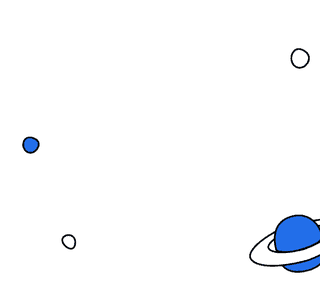Pakistan's Paradoxical Plate: When Global Demand Meets Local Deception
Explore Islamabad's disturbing donkey meat scandal, revealing a complex web of illegal trade, global demand, and public health risks. Unpack Pakistan's unique challenge.

The Tarnol Tangle: Unmasking Islamabad's Illicit Meat Ring
A recent discovery in Tarnol area has peeled back the curtain on a disturbing illicit meat operation, shining a stark light on the shadowy underbelly of the country's food supply. Authorities, spearheaded by the and supported by local police, descended upon a farmhouse, uncovering a clandestine setup where donkey meat was allegedly being processed. The raid yielded a staggering 25 maunds, or over 900 kilograms, of meat, which was immediately destroyed to prevent public consumption. More than 60 live donkeys, likely awaiting a similar grim fate, were also rescued from the premises. A foreign national, believed to be a individual who had operated in Tarnol for a considerable time, was apprehended, suggesting a sophisticated network extending beyond local distribution. This bust serves as a chilling reminder of the constant vigilance required to safeguard public health against such dangerous, unauthorized enterprises.
Beyond the Bust: The Invisible Hand of Global Appetite
While the Tarnol raid exposes a local crime, it's merely a symptom of a much larger, global economic phenomenon. , boasting a donkey population exceeding 6 million, has become a significant player in the international donkey trade, largely driven by an insatiable demand from countries like . There, donkey hides are prized for producing ejiao, a traditional medicine and cosmetic ingredient. This burgeoning global appetite has dramatically inflated donkey prices, effectively pricing out local buyers who traditionally rely on these animals for labor and transport. The rising value creates a powerful, albeit unintended, incentive for illicit slaughterhouses. These black market operations capitalize on the soaring demand for donkey products, diverting animals from their intended uses or legitimate export channels, and instead, processing them for unregulated meat sales, often under highly dubious conditions. The global market’s invisible hand, it seems, can inadvertently fuel dangerous local deceptions.
A Tale of Two Donkeys: Legal Exports vs. The Black Market Boom
relationship with its donkey population is, paradoxically, a tale of two distinct paths. On one hand, the nation has embraced the economic potential of donkeys through legal, government-sanctioned exports. In June 2023, the federal cabinet approved protocols for exporting donkey hides to , paving the way for significant foreign investment. The facility, operated by , stands as a testament to this, designed to process up to 300,000 hides annually for cosmetic and pharmaceutical sectors, with plans to export bones and meat for culinary and medicinal purposes. This legitimate framework promises economic growth and regulated trade. Yet, the Tarnol incident starkly contrasts this vision. It represents the dark side: an unregulated, clandestine black market that thrives by exploiting the same high demand. These illegal operations bypass health and safety standards, offering meat of unknown origin and quality, directly jeopardizing the public and undermining the potential benefits of a controlled, ethical trade.
Safeguarding the Plate: Public Health, Ethics, and the Way Forward
The prevalence of illicit donkey meat operations, as evidenced by the Tarnol bust, underscores critical public health and ethical concerns. When donkeys are slaughtered in unsanitary conditions, outside of regulated facilities, the meat poses a significant risk of contamination from harmful pathogens. Consumers, often unaware they are buying mislabeled or compromised meat, face serious health hazards. Veterinary experts and animal welfare advocates are rightly pushing for more stringent regulations, robust monitoring, and humane treatment protocols across the board. The has responded by launching public awareness campaigns, urging citizens to report any suspicious activities related to animal slaughter or unlabeled meat sales. faces a delicate balancing act: harnessing the economic opportunities presented by the global demand for donkey products, while simultaneously ensuring food safety, upholding animal welfare standards, and dismantling the dangerous black market. It’s a challenge that demands continuous vigilance and a multi-pronged strategy to protect both the consumer and the country's agricultural integrity.
Related Articles

The Farmhouse Files: Unraveling Islamabad's Disturbing Illicit Meat Network

The Farmhouse Files: Unraveling Islamabad's Disturbing Illicit Meat Network

The Unseen Forces Shaping Your Steak: A Global Price Odyssey

The Unseen Forces Shaping Your Steak: A Global Price Odyssey

The Great Meat Debate: Reconciling Paraguay's Export Prowess with Local Plates

The Great Meat Debate: Reconciling Paraguay's Export Prowess with Local Plates

Scales of Contention: The Unsettling Demise of a Jordan Valley Crocodile Farm
